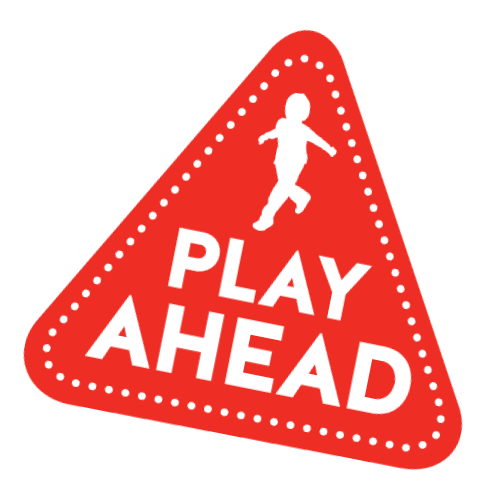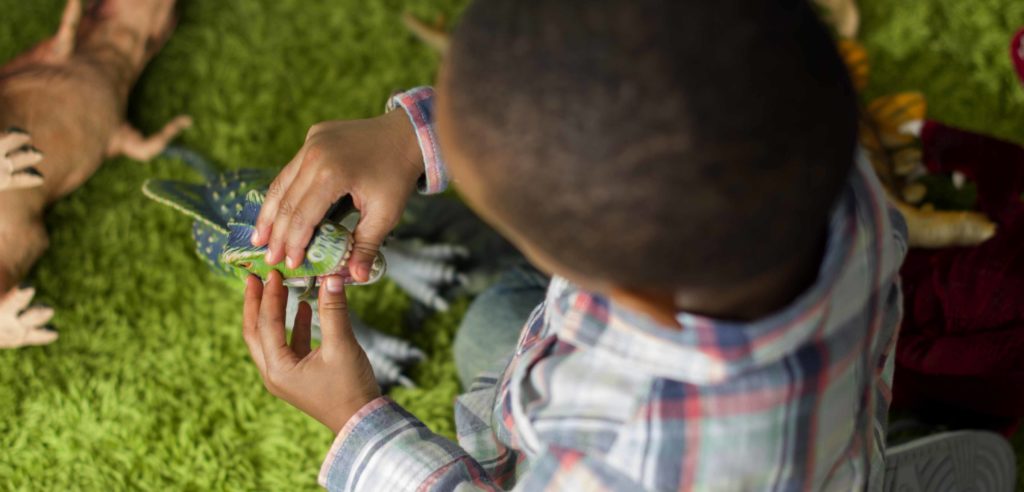Play Ahead – Self Esteem
Self-esteem is the value we place on ourselves. The opinions we have about ourselves influence everything we say and do. Our self-esteem often allows us to feel happy or sad, bold or shy, optimistic or pessimistic. It adds to or subtracts from our peace of mind and the pride we take in our personal, academic…
Published on March 23, 2020

Self-esteem is the value we place on ourselves. The opinions we have about ourselves influence everything we say and do. Our self-esteem often allows us to feel happy or sad, bold or shy, optimistic or pessimistic. It adds to or subtracts from our peace of mind and the pride we take in our personal, academic or occupational success. Parents play an important part in the sense of positive self-esteem of their children.
Each of us is different. We have different tastes, preferences and talents. Each of us comes from a different family and grows up according to the rules and customs of that family. However, we all have the same basic needs. We go through the same developmental stages both physically and emotionally as we grow older.

One set of skills precedes another. This may be easier to picture with physical development. Babies first sit up, then later they are able to crawl, walk and run. Maturing physically allows us to be more independent human beings. So does maturing emotionally.
Emotional growth does not happen as quickly as physical growth. At times children may look very mature physically, but may not feel or act very mature. They need adults to help them, guide them and to limit their behavior.
What happens when people have low selfesteem? People who do not feel good about themselves may be impulsive or easily influenced by others. Because they do not feel good, they do not set realistic goals for themselves. People with low self-esteem may withdraw and avoid personal relationships, fearing closeness or rejection. Persons who lack self-esteem may be more likely to adopt destructive behaviors such as using drugs and alcohol to change how they think or feel.
In the beginning it is easy to see how children’s physical health depends on the way they are cared for. A baby’s crying signals a need for food, warmth or cuddling. Later on, crying is replaced by body signals and body signals are replaced by language.
How young children are treated early on will set the stage for how they treat others and perhaps most importantly how they treat themselves. If children are raised in an encouraging, accepting and predictable environment, then they will have positive feelings. They will trust the people closest to them, and trust in people they value will eventually allow them to trust themselves.
This sense of trust is the first stage of healthy emotional development. It is also what self-esteem is built on. If positive encouragement is first received from home, then from peers and teachers, in school, and in other activities, children will develop self-worth. This general sense of good will helps them to feel optimistic about the future. If their relationships with the important people and events in their lives are more often disappointing and frustrating, personal good feelings about themselves do not grow. Feelings of inferiority and fear grow instead.
Children inherit more than their parents’ physical characteristics; they also inherit their emotional strengths and capacities. Problems with self-esteem show up in mood, behavior and interpersonal relationships. Any extreme behaviors in terms of isolation or hostility or poor grooming or poor performance should be examined closely. Solutions to these problems can be found through healthy relationships with other people. Opening up and talking to someone (parent, friend, teacher, counselor) may be the first step in turning self-doubt into self-esteem.
As self-esteem grows, children become less a mirror of outside influences and more a reflection of the person growing inside. In the beginning, children reflect the emotional responses of those closest to them. Later they should be able to look at a situation and respond independently.
It is okay to feel sad or hurt or angry if something sad or disappointing happens. It is not okay for those feelings to last for long periods of time. It is also not okay for children to blame themselves for the bad things that happen to them or around them.
Encouraging children to build a solid sense of self-worth is the most meaningful and lasting gift parents can give them. It is a gift that keeps on giving as it carries children throughout their lives.
Some Suggested Ways to Help Build SelfEsteem in Children:
• Encourage children. Emphasize the good things they do, not the bad. Praise efforts, not just final successes.
• Take their emotions, ideas and feelings seriously. Listen to them.
• Be a good role model. Parents should show children they feel good about themselves as adults.
• Let children see they can make mistakes and can learn from them.
• Have reasonable expectations for children according to their developmental abilities, age, strengths and weaknesses.
• Give children responsibility so they will feel useful and valued. Give them practice in problem solving and decision making.
• Be available and help children if needed.
• Talk with children about their interests and activities and show your interest. For example, if they are a member of a sports team, attend the games.
• Make children aware of family values.
• Discuss problems with children without placing blame. They will be more likely to seek solutions if they don’t feel attacked.
• Use phrases that build self-esteem such as “Thank you for helping.” “That is a great idea!” Avoid phrases such as “How many times have I told you not to….”
• Spend time together and share favorite activities. • Show children they are loved. Hug them and tell them how terrific they are.
